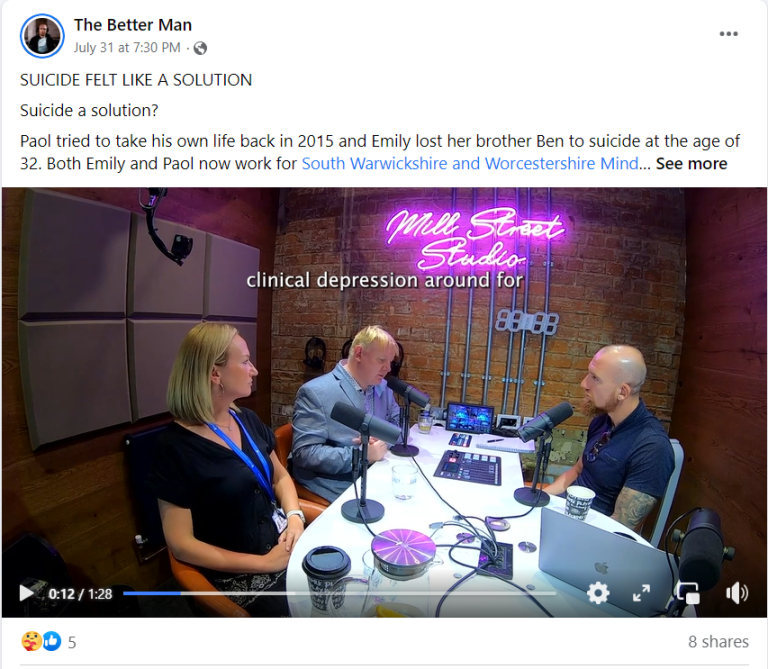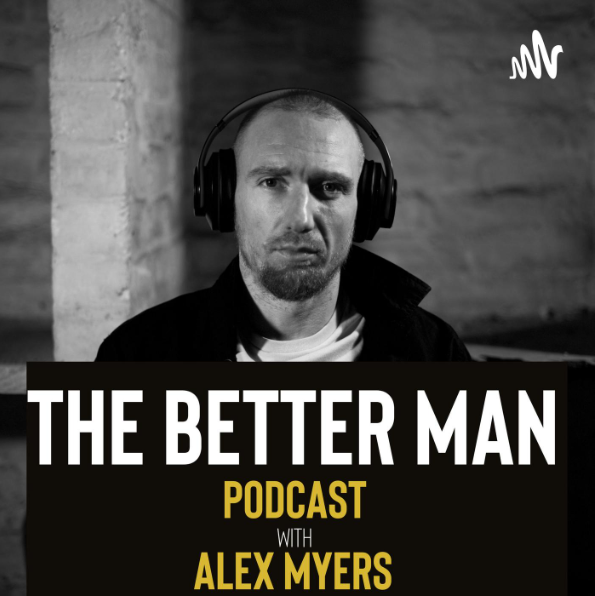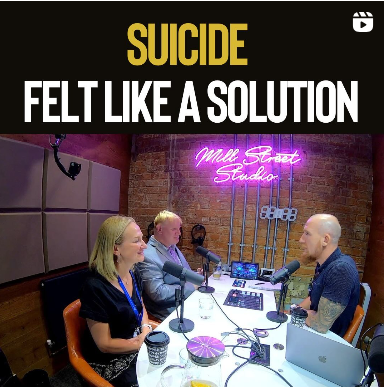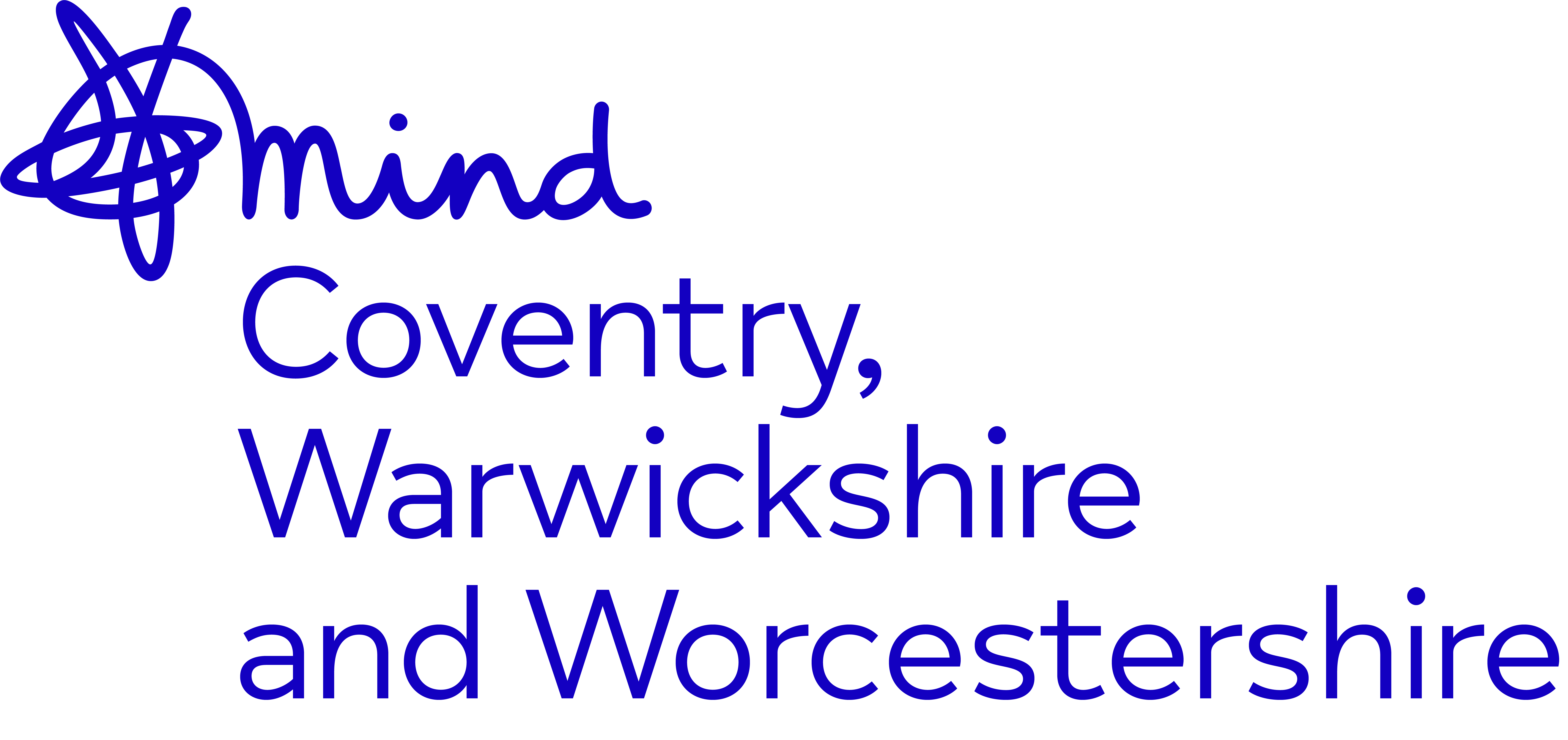
The Power of Mental Health Interviews on Social Media
In this blog post, our lead mental health trainer Paol Stuart-Thomson discusses his recent podcast with local personal trainer and life coach Alex Myers, founder of The Better Man. This podcast, available on iTunes and Spotify, talks in detail about suicide (particularly amongst men), mental wellbeing and paths to recovery, and was promoted on various social media platforms including Facebook, Instagram, LinkedIN and Twitter/X. Here’s Paol’s story…
Breaking the Silence, Building Resilience
“About a month ago, and almost by accident, I was invited to take part in an interview with my colleague, marketing manager Emily Halderthay. Alex Myers, aka The Better Man, was particularly keen to understand more about our personal experiences, our perspective on mental ill-health, and what South Warwickshire and Worcestershire Mind were doing to help people experiencing problems.
It was a new experience for me, equally it was a dynamic and challenging conversation about mental health and suicide along with the work we were undertaking as a local mental health charity…

In this digital age, social media has emerged as a powerful platform for communication, connection, and sharing experiences. And whilst the negative impact of social media can’t and should not be ignored, I feel that channels such as YouTube, Facebook and Instagram can play an important part in raising awareness of important topics and issues.
I believe our candid and open conversation in this podcast is a great example of how we can have a significant positive impact on society. In this blog, I wanted to explore the various reasons why mental health interviews that are promoted on social media are essential, beneficial, and potentially life-changing for individuals and communities alike.
1. Eradicating the Stigma
For far too long, mental health has been shrouded in stigma and misconceptions, with those who suffer from mental health issues often fearing judgement and discrimination if they discuss their struggles openly. But now, with 86% of people who have internet access now using at least one social media channel, sharing personal stories has become extremely common and most importantly, socially accepted by the general public.
By participating in interviews such as this podcast, people are revealing their vulnerabilities, challenges, and triumphs. This helps to normalise mental health discussions and subsequently breaks down barriers.
2. Increasing Awareness and Understanding
Mental health interviews that appear on social media serve as an educational tool. They help people understand the complexities of various mental health conditions, symptoms, and the impact on individuals’ lives. By shedding light on these issues, we foster empathy and compassion, encouraging friends, family, and society at large to provide support and understanding to those facing mental health challenges.

3. Peer Support and Connection
The power of shared experiences is undeniable. Mental health interviews that are visible on YouTube, Spotify and social media help to connect individuals who may be feeling isolated and alone in their struggles.
This sense of community can be transformative as it allows people to find support, share coping strategies, and offer comfort to one another. Moreover, these connections can lead to the formation of online support groups that become safe spaces for ongoing discussions and encouragement.
4. Inspiring Resilience and Hope
Listening to stories of others who have overcome mental health issues can be an incredible source of hope and inspiration for those currently battling their demons. These interviews showcase the strength and resilience of individuals, proving that recovery is possible. By giving voice to personal journeys of triumph over adversity, social media mental health discussions provide hope and motivation in others who might be struggling.
5. Empowering Through Advocacy
Social media mental health interviews can be a powerful tool for advocacy and change. As these stories reach an ever-wider audience, they can influence public opinion, encourage policymakers to prioritise mental health initiatives, and drive funding for research and treatment. Additionally, they provide a platform for mental health advocates to speak up and effect positive change within their communities.

6. Destigmatising Professional Help
Seeking professional help is an essential step in managing mental health, but it is often stigmatised. Mental health interviews profiled on social media can promote the importance of therapy, counselling, and other treatment options. By sharing such experiences and the positive impact it has had, interviewees can help dispel misconceptions and encourage others to seek professional support without hesitation.
7. Addressing Specific Mental Health Issues
Various mental health interviews address specific issues such as anxiety, depression, eating disorders, PTSD, and more. This targeted approach allows viewers to find content relevant to their experiences and needs. Moreover, it aids in raising awareness about lesser-known mental health conditions and fostering understanding among the wider audience.
Mental health interviews and podcasts promoted on social media channels like Facebook, Instagram and LinkedIN are a positive force for change. They break down barriers, challenge stigma, and create communities of support and understanding. By sharing personal experiences, individuals empower themselves and others to seek help, embrace resilience, and build a more empathetic society.
As these interviews continue to resonate with audiences worldwide, we can expect a positive ripple effect in the way mental health is perceived and treated, fostering a more compassionate and mentally healthy world for all.”
If you’re being affected by a mental health issue and you’d like some support, get in touch with us.
